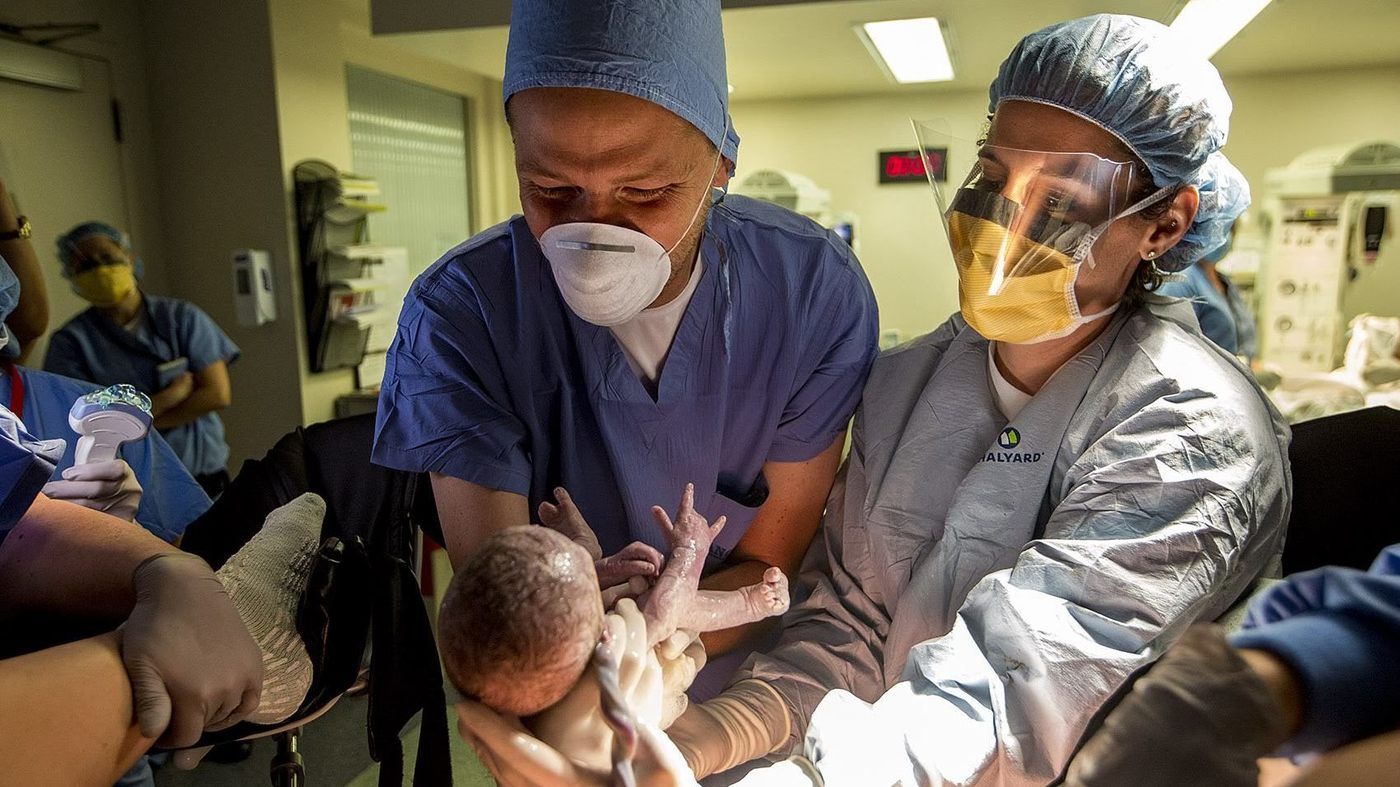An elusive medical advance might finally be within grasp, one that could make some couples’ sex lives a lot more convenient. This week, researchers officially kicked off the first wide-scale clinical trial of a male contraceptive topical gel.
The trial, funded by the National Institute of Child Health and Human Development (NICHD), is set to enroll 420 relatively healthy and young couples. The couples will be recruited from nine different study sites in seven countries scattered across the globe, including Chile, England, and Sweden. But the first batch of volunteers will come from sites in the U.S. in Seattle, California, and Kansas.







